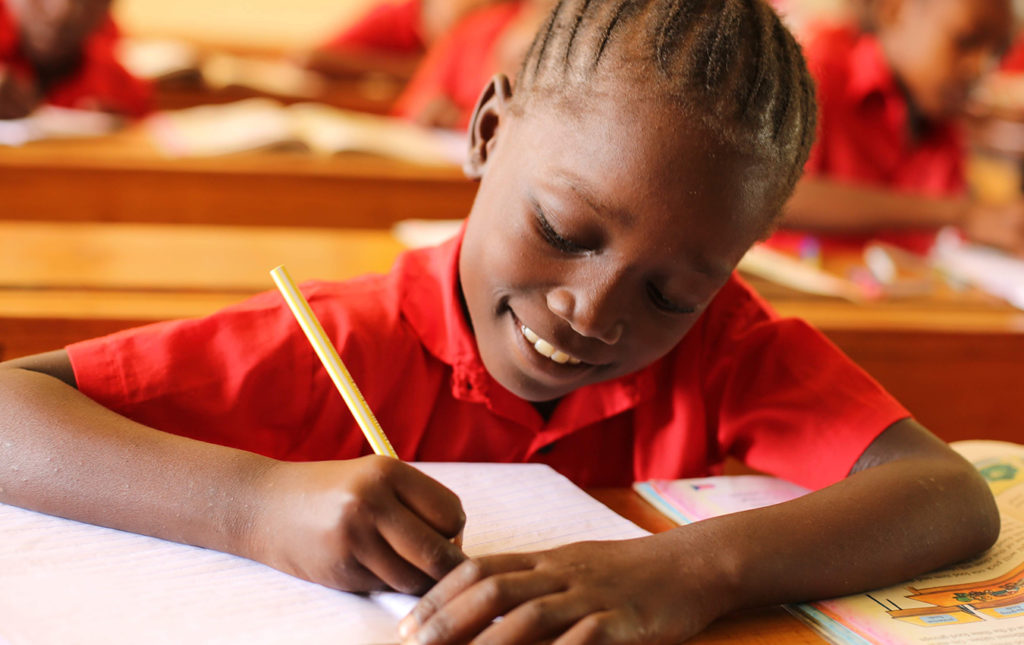
When meeting Dumisani Hompashe and listening to his story, the word “resilience” automatically comes to mind. Because resilience is the silver thread running through his entire life, from his childhood to his part-time PhD studies in Economics at Stellenbosch University (SU).






